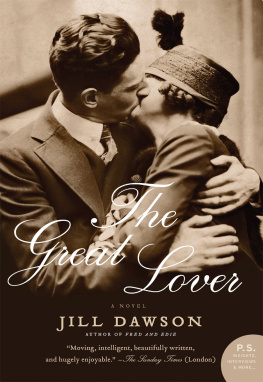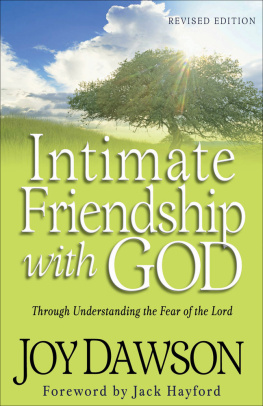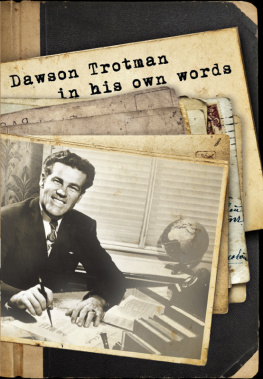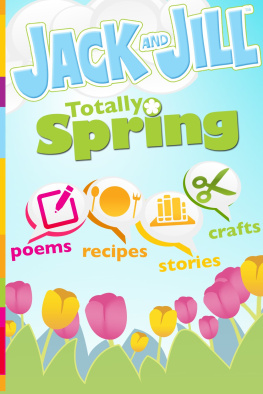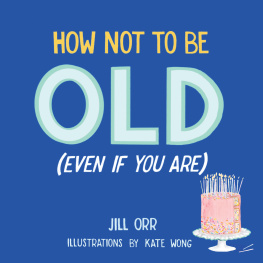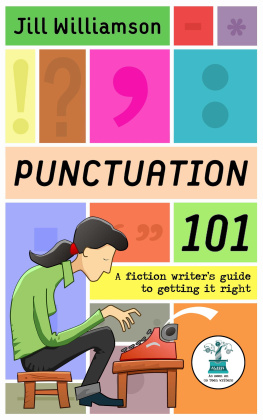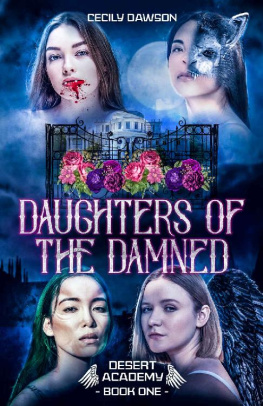Jill Dawson - The Great Lover
Here you can read online Jill Dawson - The Great Lover full text of the book (entire story) in english for free. Download pdf and epub, get meaning, cover and reviews about this ebook. year: 2009, publisher: Sceptre, genre: Art. Description of the work, (preface) as well as reviews are available. Best literature library LitArk.com created for fans of good reading and offers a wide selection of genres:
Romance novel
Science fiction
Adventure
Detective
Science
History
Home and family
Prose
Art
Politics
Computer
Non-fiction
Religion
Business
Children
Humor
Choose a favorite category and find really read worthwhile books. Enjoy immersion in the world of imagination, feel the emotions of the characters or learn something new for yourself, make an fascinating discovery.
- Book:The Great Lover
- Author:
- Publisher:Sceptre
- Genre:
- Year:2009
- Rating:5 / 5
- Favourites:Add to favourites
- Your mark:
- 100
- 1
- 2
- 3
- 4
- 5
The Great Lover: summary, description and annotation
We offer to read an annotation, description, summary or preface (depends on what the author of the book "The Great Lover" wrote himself). If you haven't found the necessary information about the book — write in the comments, we will try to find it.
The Great Lover — read online for free the complete book (whole text) full work
Below is the text of the book, divided by pages. System saving the place of the last page read, allows you to conveniently read the book "The Great Lover" online for free, without having to search again every time where you left off. Put a bookmark, and you can go to the page where you finished reading at any time.
Font size:
Interval:
Bookmark:
One of the great difficulties, and perils, you see, in ever telling anyone any truth, is the same as in ever loving anyone, but more so. It gives them such a devilish handle over you. I mean, they can hurt . If I love a person and say nothing, Im fairly safe. But if I tell them, I deliver myself bound into their hands.
Rupert Brooke, letter to Bryn Olivier,
end of September 1912
It is a joy to be hidden, but a disaster not to be found.
D. W. Winnicott
le 23 avril 1982
Dear Kind Stranger,
Greetings from Tahiti! My name is Arlice Rapoto. I do not know English, only Tahitian and French so a very lovely charming friend is writing this letter to you in England, in the hope that I might be able to find out some things that I have always wanted to know.
I am sixty-seven years old and before I die I hope to find out some thing about my father. My mother was Taatamata who lived for many years at Maharepa on the island of Moorea, Tahiti.
My mother always told me that my father was a very famous man, very pretty. She called him Pupure. (This means Fair One.) He was a sun god, she said, and a famous poet, very pretty. He came to Tahiti in 1914 and stayed three months with my mother at Papeete and Mataiea. Many things written about him after his death, one by the British Prime Minister, and my mother keep this and show it to me. I never met my father. His name was Rupert Brooke. He died in First World War and as him a young man who never married my mother, she said he never know about me. (In England it would be a bad thing if white people knew about me.) Taatamata did try to send him a letter, all that time ago in 1914, but the letter washed down to the bottom of the sea when a ship went down. Mother told Pupure she grew fat with me. She loved him very much. She said he found his true heart in Tahiti and for the first time he was happy.
I have read two poems by him but I would like to hear his voice. I would like to read his letters but mostly hear his living voice, to know what he smelled like and sounded like. How it felt wrap arms around him. I never married and have no children and now I am old I want to know: who was my father, what was he like, and why did all of England remember him?
I belong to an artist colony here in Tahiti and I also some time write some little thing. I wonder if I have poetry in my blood from my popaa father.
If you can help me, or write me, it would make old woman happy. I know from a book that he lived in this house, the Orchard, in Grantchester, Cambridgeshire in England, and so I am sending this letter to you. I hope that somebody kind who knew my father still lives there. I am sending the things I already know about my father, from Times newspaper. I know he was very pretty.
Mother many times told me I look just like him. I am tall, have thin face and fair skin and hair like popaa, like a Western girl.
The whole of England love my father, but his heart belongs to Tahiti and to my mother, Taatamata. He wrote many poems for her. What can you tell me about him, about Rupert Brooke? Im old now. I want to know: was he good man?
Yours truly,
Arlice Rapoto
Obituary from The Times , written by First Lord of the Admiralty, Winston Churchill, 26 April 1915
Rupert Brooke is dead. A telegram from the Admiralty at Lemnos tells us that his life has closed at the moment when it seemed to have reached its springtime. A voice had become audible, a note had been struck, more true, more thrilling, more able to do justice to the nobility of our youth in arms engaged in this present war than any othermore able to express their thoughts of self-surrender, and with a power to carry comfort to those who watch them so intently from afar. The voice has been swiftly stilled. Only the echoes and the memory remain; but they will linger.
During the last months of his life, months of preparation in gallant comradeship and open air, the poet-soldier told with all the simple force of genius the sorrow of youth about to die, and the sure triumphant consolations of a sincere and valiant spirit. He expected to die; he was willing to die for the dear England whose beauty and majesty he knew; and he advanced towards the brink in perfect serenity, with absolute conviction of the rightness of his countrys cause, and a heart devoid of hate for fellow-men.
The thoughts to which he gave expression in the very few incomparable war sonnets which he has left behind will be shared by many thousands of young men moving resolutely and blithely forward into this, the hardest, the cruellest, and the least-rewarded of all the wars that men have fought. They are a whole history and revelation of Rupert Brooke himself. Joyous, fearless, versatile, deeply instructed, with classic symmetry of mind and body, ruled by high undoubting purpose, he was all that one would wish Englands noblest sons to be in days when no sacrifice but the most precious is acceptable, and the most precious is that which is most freely proffered.
30 April 1982
Dear Miss Arlice Rapoto,
I was very surprised but happy to get your letter. I still live in Grantchester, and know the people who own the Orchard (there is both a house, a beautiful garden with the same lovely orchard trees still in it, and a caf by the same name). They passed your letter on to me, remembering that I might perhaps have known your father, as I used to work at the Orchard Tea Gardens as a girl.
I too, am an old lady now. I am ninety years old and a widow. I did indeed know your father, Rupert Brooke, for a while.
I am a writer too. Or, rather, I was. I have had stories published in magazines here in England called Womans Realm and Womans Weekly and, once, had a letter published in a magazine called the Lady . After the War I took several courses at Night School and continued the education Id given up as a girl. I once had different ambitions. I would like to rise to your challenge and do my best to answer your questions. I would especially like, if I am able, to do as you ask and tell you what your father smelled like, what he sounded like, what it felt like to wrap your arms around him. And also: what his living voice was like.
I must say, it was an odd feeling to read that newspaper piece you included. I remember reading it through tears at the time, standing in the scullery of the Orchard with a feeling in the pit of my stomach as if half of me was peeling away. I lost a brother in the war, as well as Rupert, my brother Edmund. Its funny but of the sentiments in that piece, ruled by high undoubting purpose leaped out at me. And when I went to look in my favourite biography of your father (written a long time ago, some twenty years I think, by a Mr Christopher Hassall), oddly enough that line was not included. Which was curious, and got me to thinking about biographies. Im sending you the one I mentioned as its very detailed and will give you a lot of information, if you can plough through it. I am also sending you a little gift he gave me (I hope it doesnt fall out of the envelope!) and a book of your fathers prose-writing, essays and such-like. (Many English people forget that he wrote prose, knowing only his poetry, but to my mind, it contained the best of him.)
Youre right in saying he was very famous here in England. Most people can quote a line or two: If I should die, think only this of me
But when I read that high undoubting purpose again in The Times piece, I had to laugh. Undoubting is not a word that suits Rupert. I think he would have laughed at it, too. He did like to laugh, much of the time. Often this was directed at himself. You can probably tell that by reading his poetry. The other poem that people here are most likely to remember him by is The Old Vicarage, Grantchester (the house is still there, too, next door to the Orchard). He offended quite a few folk round here, at the timeDitton girls are mean and dirty, and theres none in Harston under thirty that sort of thing. There have been a few more recent biographies of him and I wondered whether to send you one of those. In 1964, thirty-four years after Ruperts mother died (he always called her the Ranee for reasons Ive now forgotten), Mr Christopher Hassall felt a little freer to write what he wanted. But there were still things about your father that he wasnt able to print. I knew them well enough and dont see the point in hiding them from you. Im taking a gamble that, like me, youre too old now to care for anything but the truth.
Font size:
Interval:
Bookmark:
Similar books «The Great Lover»
Look at similar books to The Great Lover. We have selected literature similar in name and meaning in the hope of providing readers with more options to find new, interesting, not yet read works.
Discussion, reviews of the book The Great Lover and just readers' own opinions. Leave your comments, write what you think about the work, its meaning or the main characters. Specify what exactly you liked and what you didn't like, and why you think so.

